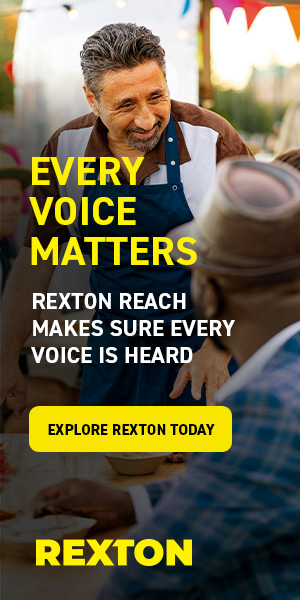(ROCKVILLE, MD) The American Speech-Language-Hearing Association (ASHA) today expressed its disappointment with the U.S. Preventive Services Task Force' s (USPSTF) recent Recommendations and Rationale statement on Newborn Hearing Screening, believing that the task force' s conclusions are inconsistent with good clinical practices and may be misinterpreted by consumers, insurers, legislators and employers. ASHA also believes that the task force failed to consider earlier recommendations by several federal agencies and professional organizations on newborn hearing screening, in addition to overlooking important non-medical and educational research.
Even though the panel recognized the merits of newborn hearing screening in the 'earlier identification and treatment of infants with hearing loss,' the group gave an overall 'I recommendation' for the practice, concluding that 'the evidence is insufficient to recommend for or against routine screening of newborns for hearing loss during the postpartum hospitalization.' The recommendations also questioned the effectiveness of early hearing intervention in improving language outcomes, judging all of the research that has been conducted as having 'significant methodological flaws' and citing the absence of 'prospective, controlled studies that directly examine whether newborn hearing screening and earlier intervention result in improved speech, language, or educational development.'
While ASHA is supportive of additional research on newborn hearing screening, studies such as randomized controlled trials would not be feasible due to ethical considerations. Because of the relatively recent implementation of many newborn hearing screening programs, ASHA also believes that there has not yet been sufficient time in which to conduct in-depth, prospective studies.
'It shouldn' t come as much of a surprise that the same task force which, until recently, was reluctant to recommend mammography screenings for women should approach newborn hearing screening in so conservative a manner,' said ASHA President John E. Bernthal, Ph.D., CCC-A/SLP. 'The level of evidence the USPSTF is seeking is stringent, and leads one to question whether randomized studies on American children with hearing loss is ethically appropriate.'
Universal hearing screening is recommended and strongly supported by several federal agencies, including the National Institutes for Health (NIH), National Institute for Deafness and Other Communication Disorders (NIDCD), Center for Disease Control (CDC), and Health Resources and Services Administration (HRSA), as well as medical professional organizations such as the American Academy of Pediatrics (AAP), American Osteopathic Association (AOA), and the American Academy of Otolaryngology-Head and Neck Surgery (AAO-HNS). Early hearing detection and intervention (EHDI) programs are also endorsed by the Joint Committee on Infant Hearing (JCIH), of which ASHA, AAP, AAO-HNS, the American Academy of Audiology, Council on Education of the Deaf, and the Directors of Speech and Hearing Programs in State Health and Welfare Agencies are members.
For more information about early hearing detection and intervention, visit ASHA' s consumer website at www.asha.org.
ASHA is the national professional, scientific, and credentialing association for more than 103,000 audiologists, speech-language pathologists, and speech, language, and hearing scientists. Audiologists specialize in preventing and assessing hearing disorders as well as providing audiologic treatment including hearing aids. Speech-language pathologists identify, assess, and treat speech and language problems including swallowing disorders.

